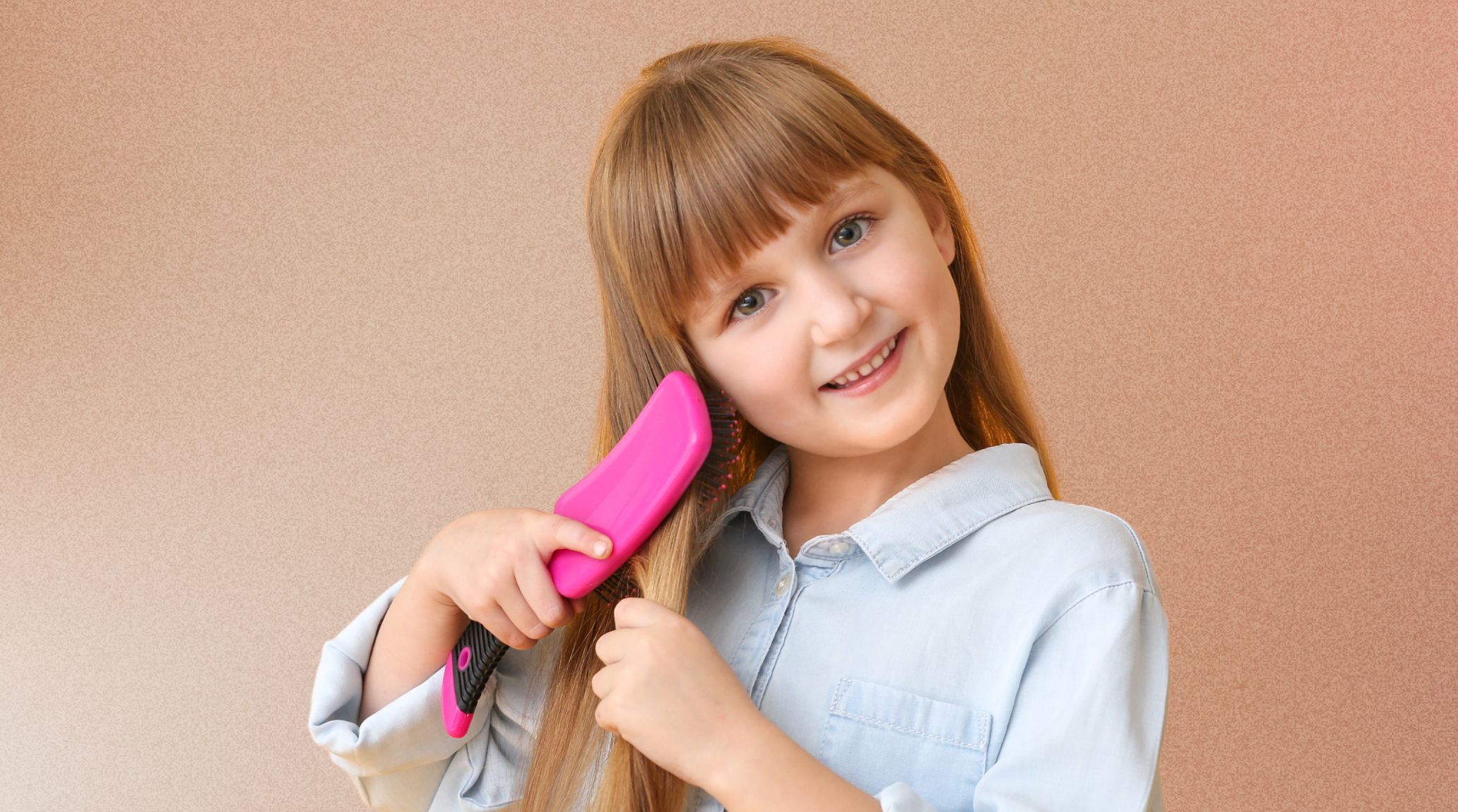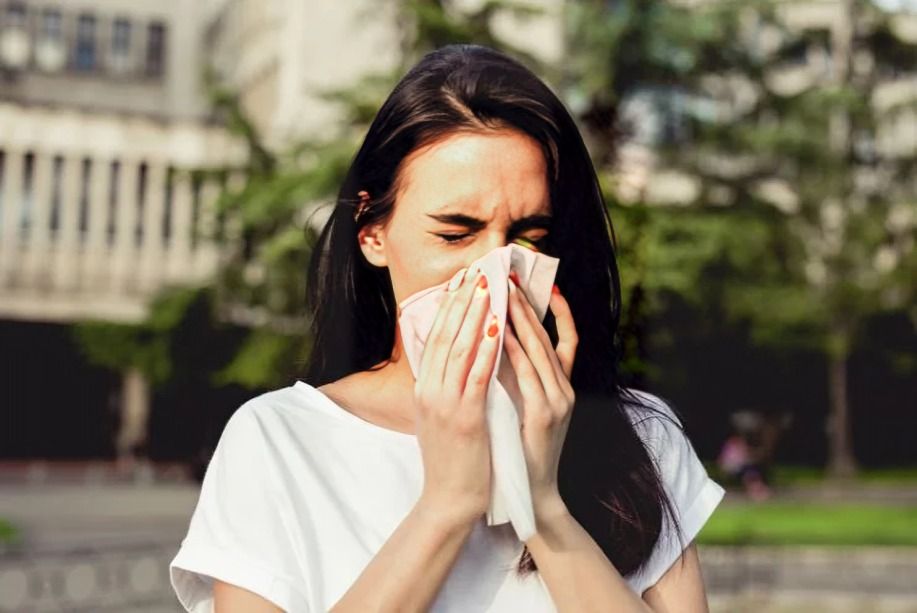
“
Teaching children good personal hygiene habits is crucial for their health and well-being. From washing hands to brushing teeth, these practices not only prevent illnesses but also instill lifelong routines that promote self-care and confidence. Exploring kids' personal hygiene facts can be both educational and fun, helping children understand why hygiene matters and how they can take charge of their health.1
1
”
Show kids how to use hand sanitizer effectively by applying it to all surfaces of their hands. Ensure they cover every area, including between fingers and around the thumbs, to fully clean their hands and reduce the spread of germs. 1
The bacteria responsible for morning breath multiply while you sleep, causing halitosis upon waking. Maintaining oral hygiene by brushing and flossing can help combat this unpleasant issue and keep your breath fresh. 2
Flushing the toilet can create a plume of bacteria and viruses, potentially contaminating surfaces up to 6 feet away. To mitigate this risk, close the lid before flushing and clean bathroom surfaces frequently. 3
Encourage kids to make bathing a regular part of their bedtime routine. Promote taking a bath or shower consistently, helping them understand its importance for cleanliness and relaxation before sleep. 4
Improperly washed laundry can contain millions of E. coli bacteria, which underscores the need for proper washing techniques. Ensuring your laundry is washed thoroughly helps maintain cleanliness and prevents bacterial contamination. 5
While you can’t always shield your child from illnesses, you can help prevent the spread of infections. Teach them to cover their mouth and nose when they feel a cough or sneeze coming to reduce the risk of spreading germs to others. 6
Artificial intelligence is being used to develop software that can detect early signs of cavities from dental X-rays with greater accuracy than human dentists. 7
The average person loses 50 to 100 hairs daily. Maintaining proper hygiene and a balanced diet supports healthy hair growth and helps prevent problems like dandruff, ensuring your hair stays strong and vibrant. 8
Underneath fingernails, germs can accumulate just like on the surface of your hands. Proper hand washing should include cleaning under the nails to minimize germ buildup and enhance overall hand hygiene. 9

Cell phones can harbor more germs than a public toilet seat due to frequent touching and infrequent cleaning. Regularly disinfecting your phone can help prevent the spread of bacteria and maintain better hygiene.
The tongue can host around 10 billion bacteria. If not cleaned properly, these bacteria can contribute to bad breath, making regular tongue cleaning essential for oral hygiene and preventing halitosis. 10
Pillowcases can gather dead skin cells, oils, and dust mites, transferring these to your skin during sleep. Regular washing of pillowcases helps maintain skin hygiene and reduces the risk of breakouts or irritation. 11
Discourage sharing towels to help prevent the spread of bacteria. Emphasize the importance of using individual towels to avoid cross-contamination and reduce the risk of infections. 12
Excessive earwax buildup can affect hearing and increase the risk of ear infections if not cleaned regularly. Maintaining ear hygiene by cleaning ears helps prevent such issues and ensures better ear health. 13
Dental plaque is a biofilm of bacteria that forms on teeth and can harden into tartar if not removed. Regular brushing and flossing are crucial to prevent tartar buildup and protect against gum disease and tooth decay. 14
Sleeping with makeup on can clog pores, leading to acne and premature skin aging. To maintain healthy skin, always remove makeup before bed and follow a regular skincare routine. 15
Imagine a mirror that can provide real-time feedback on brushing techniques and skin conditions or even suggest personalized skincare routines. Smart mirrors could become interactive hygiene guides for kids. 16
If everyone flossed daily, the amount of dental floss used annually could wrap around the Earth four times. Daily flossing is essential for removing plaque and maintaining optimal oral health. 17

A sneeze can travel at speeds up to 100 miles per hour and spread germs over distances of up to 30 feet. This rapid dispersal increases the risk of infection, making it important to cover sneezes and practice good respiratory hygiene.
On October 15, 2018, the largest hand hygiene lesson was held in Salem, Tamil Nadu, India, with 4,024 participants. Organized by Salem District Administration and Rohini R. Bhajibhakare, this event coincided with Global Handwashing Day. 18


